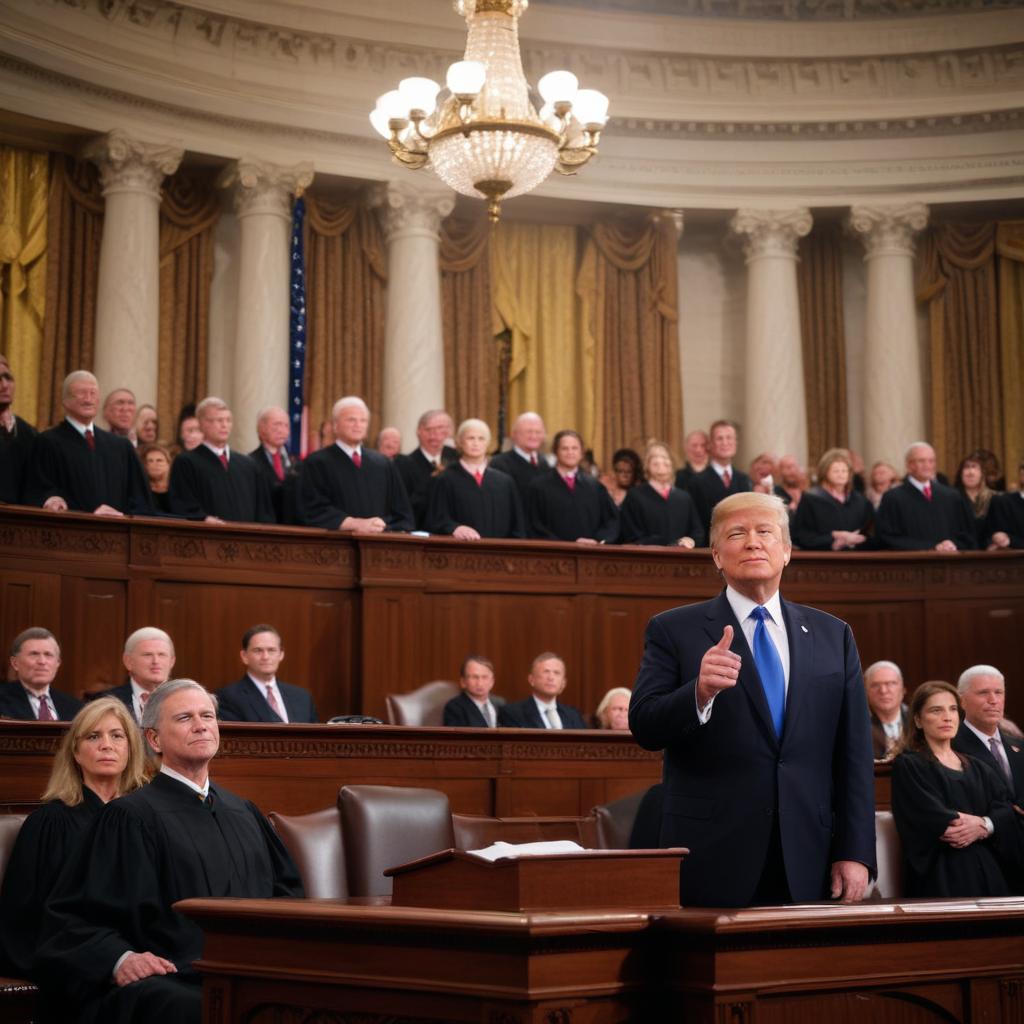A bombshell exposé reveals Chief Justice John Roberts's secret role in empowering Trump's unprecedented assault on American democracy, as legal experts sound the alarm on the erosion of the rule of law.
Donald Trump's effusive thanks to Chief Justice John Roberts following his 2025 address to Congress sparked speculation. Did it stem from Roberts's court allowing Trump to remain on the ballot after the January 6th insurrection, or from decisions shielding Trump from prosecution? Regardless, the subsequent 10 weeks witnessed a cascade of Supreme Court decisions heavily favoring Trump's agenda, largely via the "shadow docket." These decisions, often issued without explanation, have had seismic consequences, enabling Trump to fire federal employees at will, purge transgender individuals from the military, and deport immigrants to dangerous countries. Legal scholars like Steve Vladeck and J. Michael Luttig, a former federal appeals court judge and Roberts's friend, have criticized Roberts's actions, accusing him of presiding over the end of the rule of law and acquiescing to Trump's lawlessness. Lisa Graves, in her forthcoming book, argues that Roberts has consistently promoted a rightwing agenda, exhibiting hostility towards civil rights and environmental protections. His early career in the Reagan administration foreshadowed his current actions, revealing a pattern of prioritizing executive power over checks and balances. The Supreme Court's decisions, often overriding lower court rulings, have raised concerns about the erosion of judicial independence. While some believe Roberts might yet intervene, others, such as Amrit Singh, argue that the rule of law has already been sacrificed. The article concludes that Roberts's actions, particularly his use of the shadow docket, have come at too high a cost, undermining the very foundations of American democracy.



